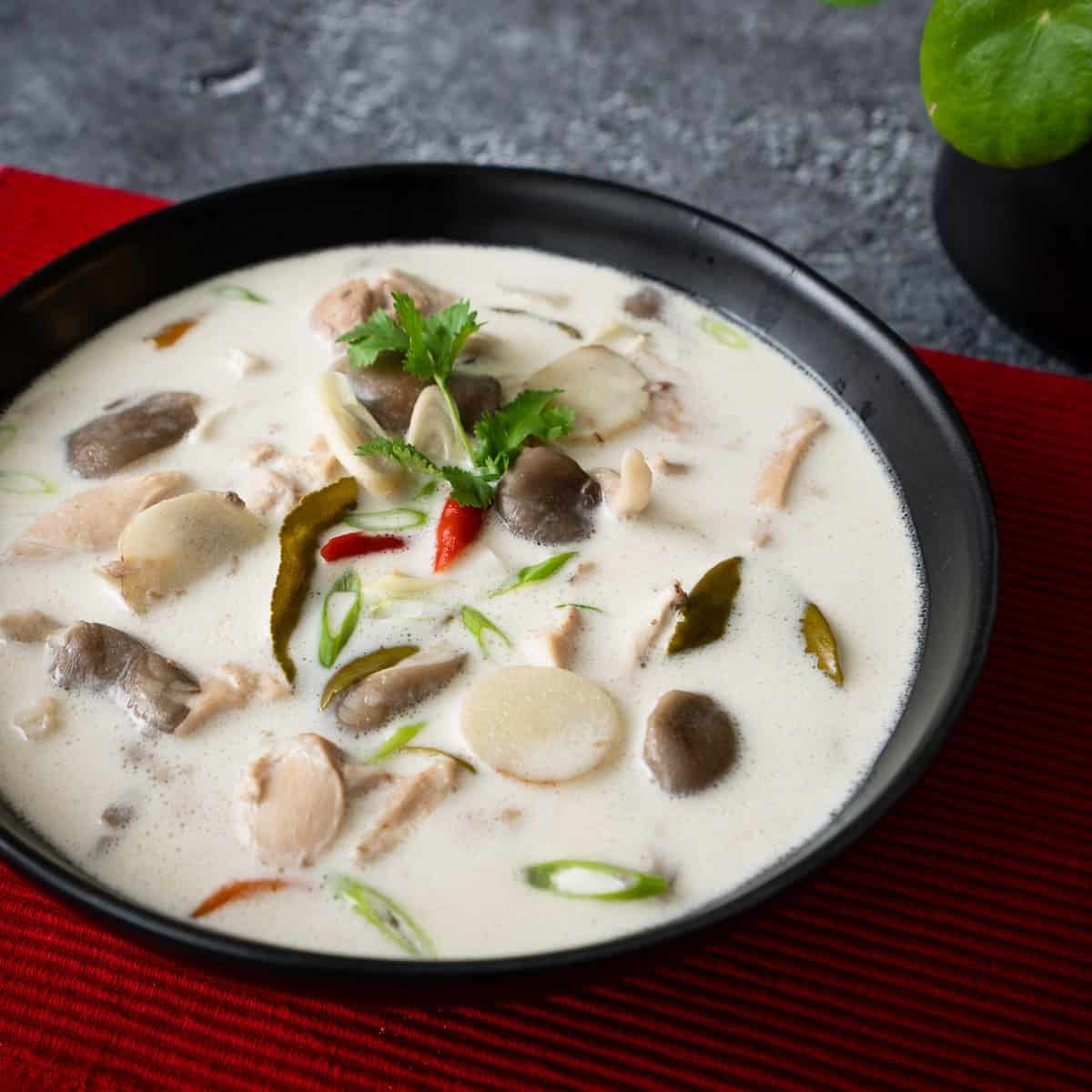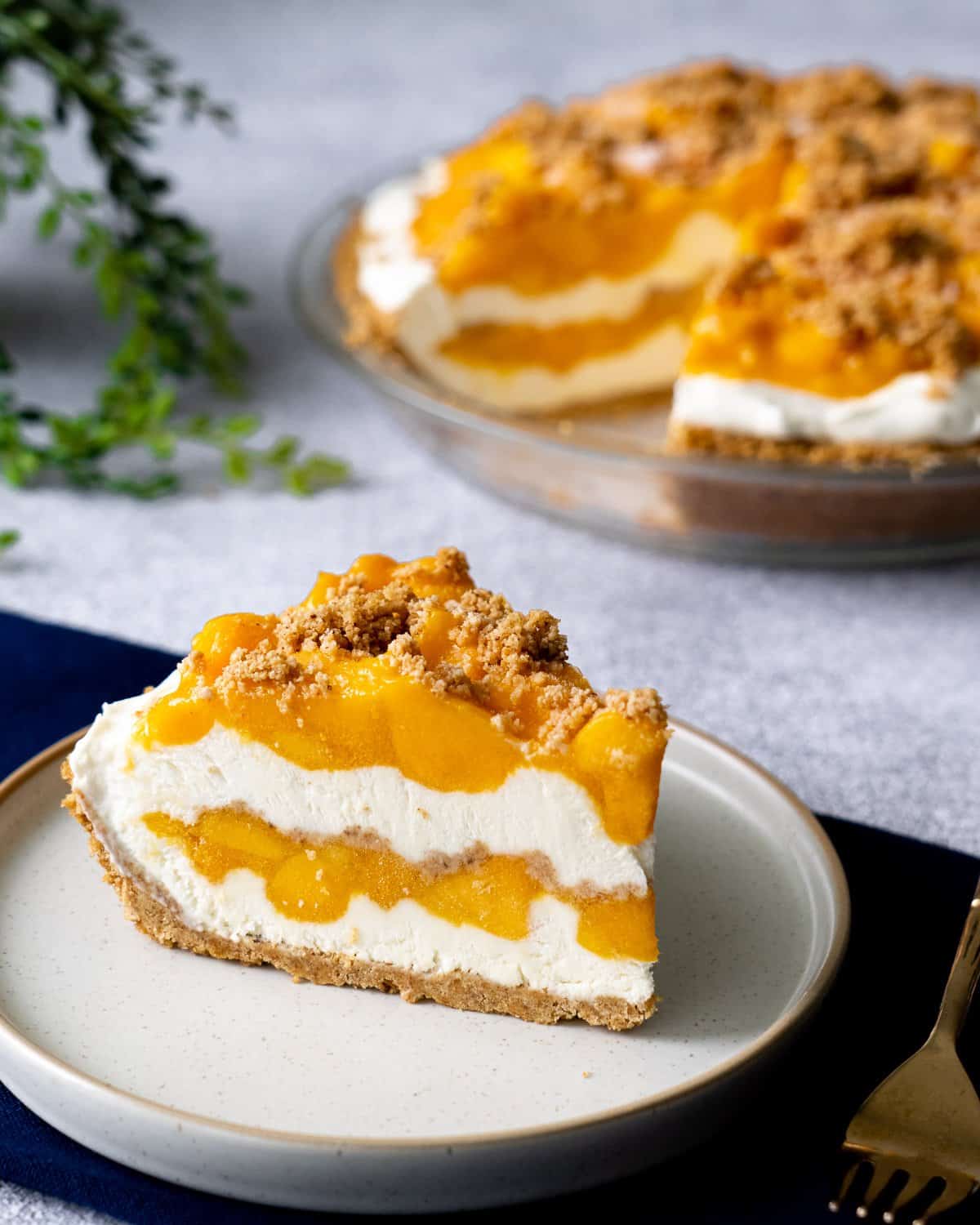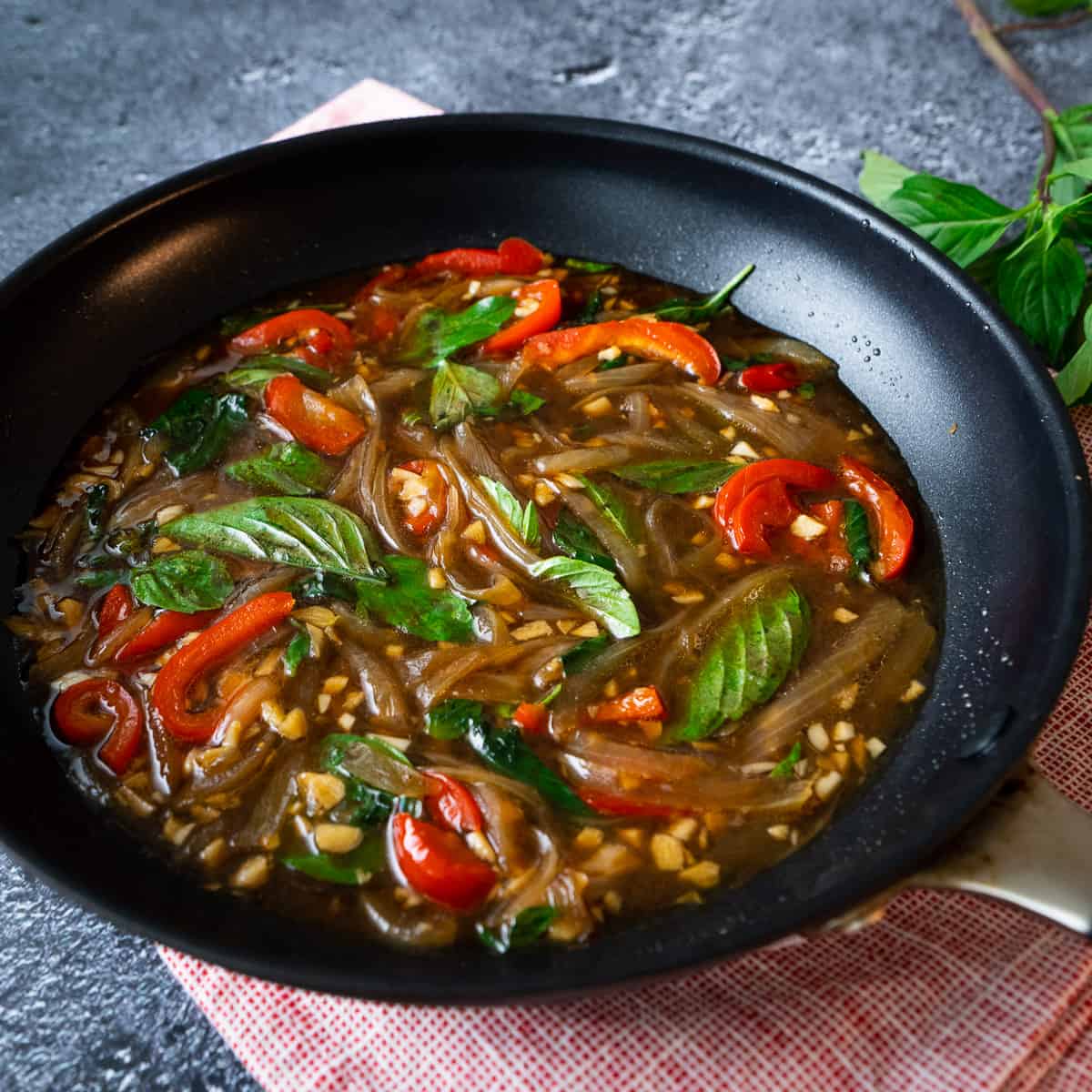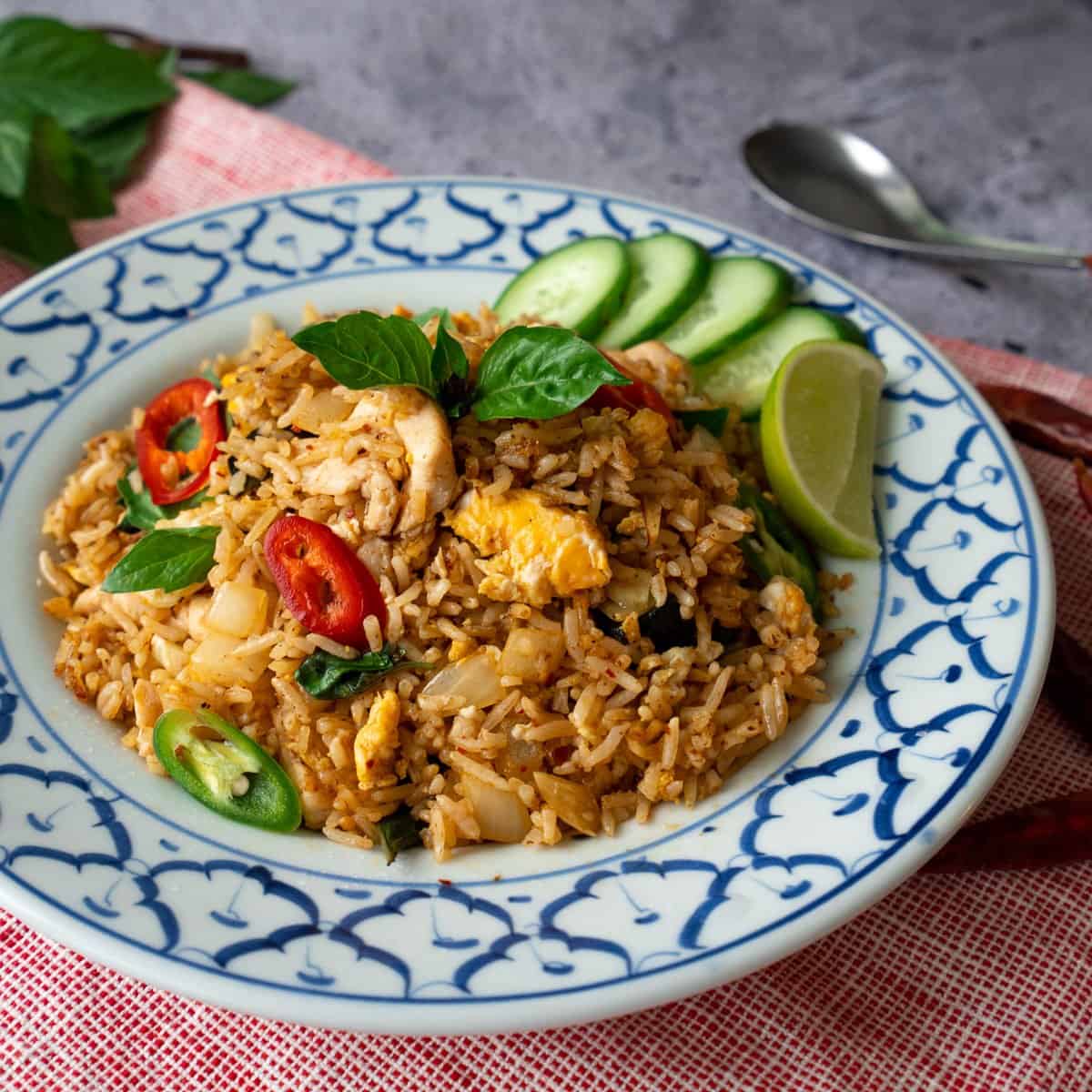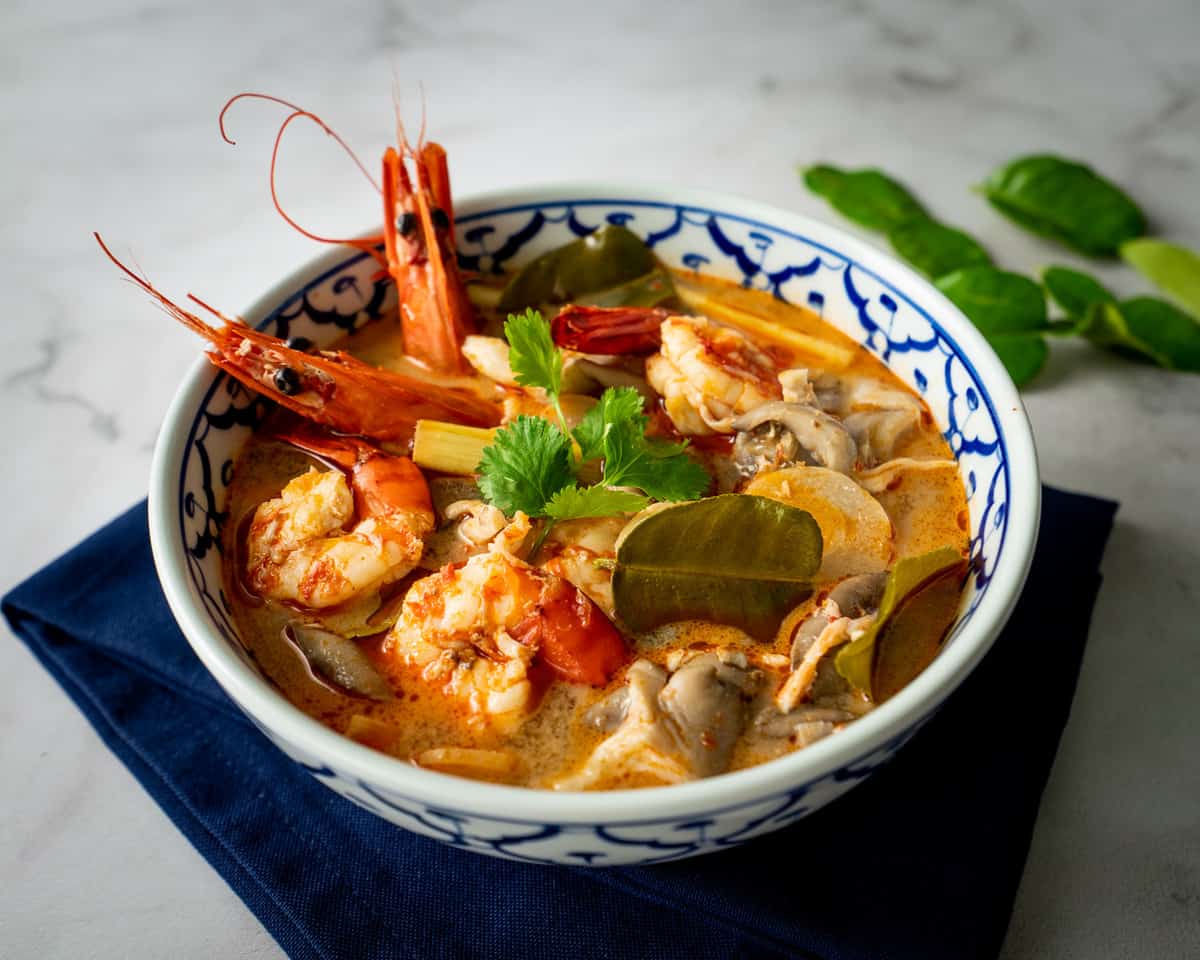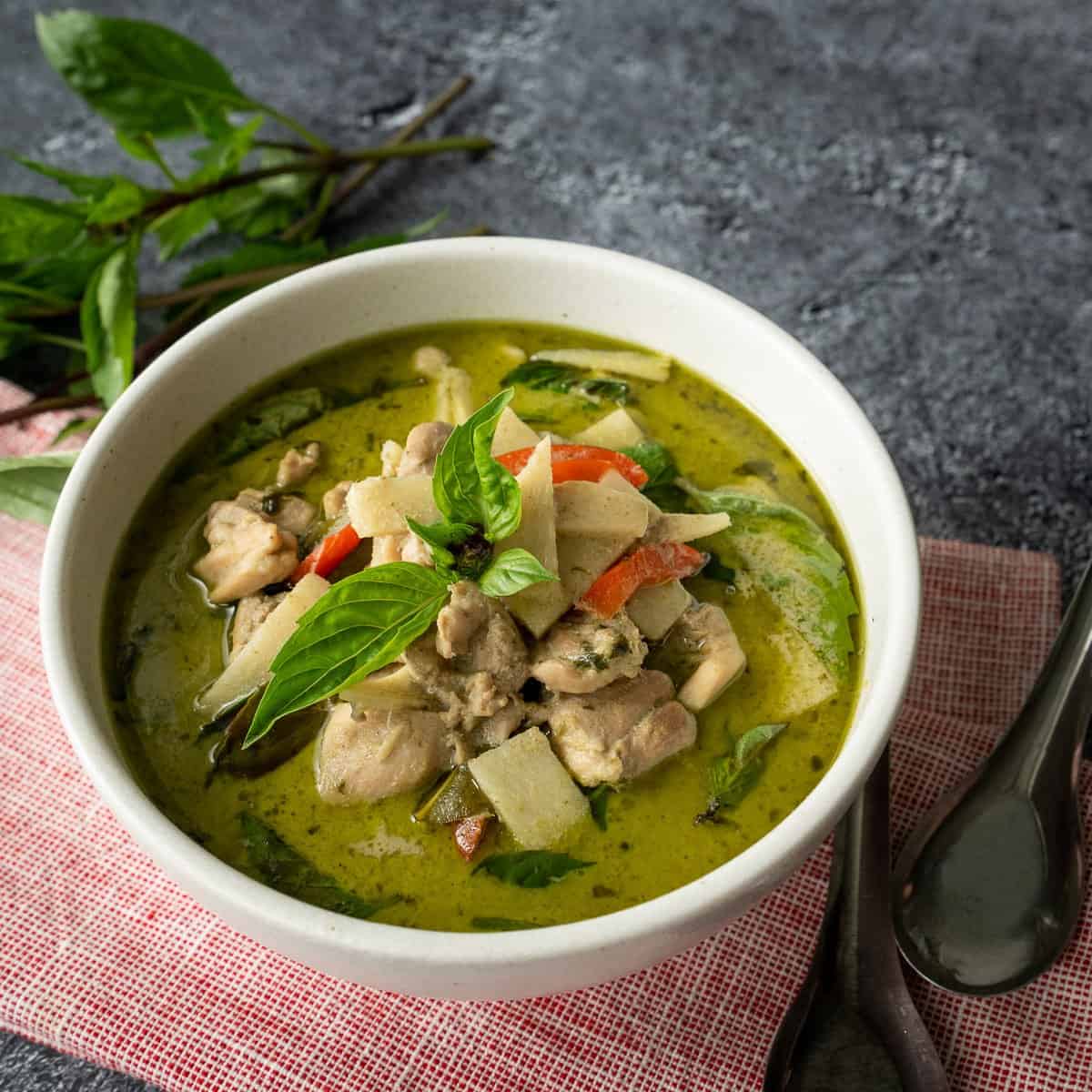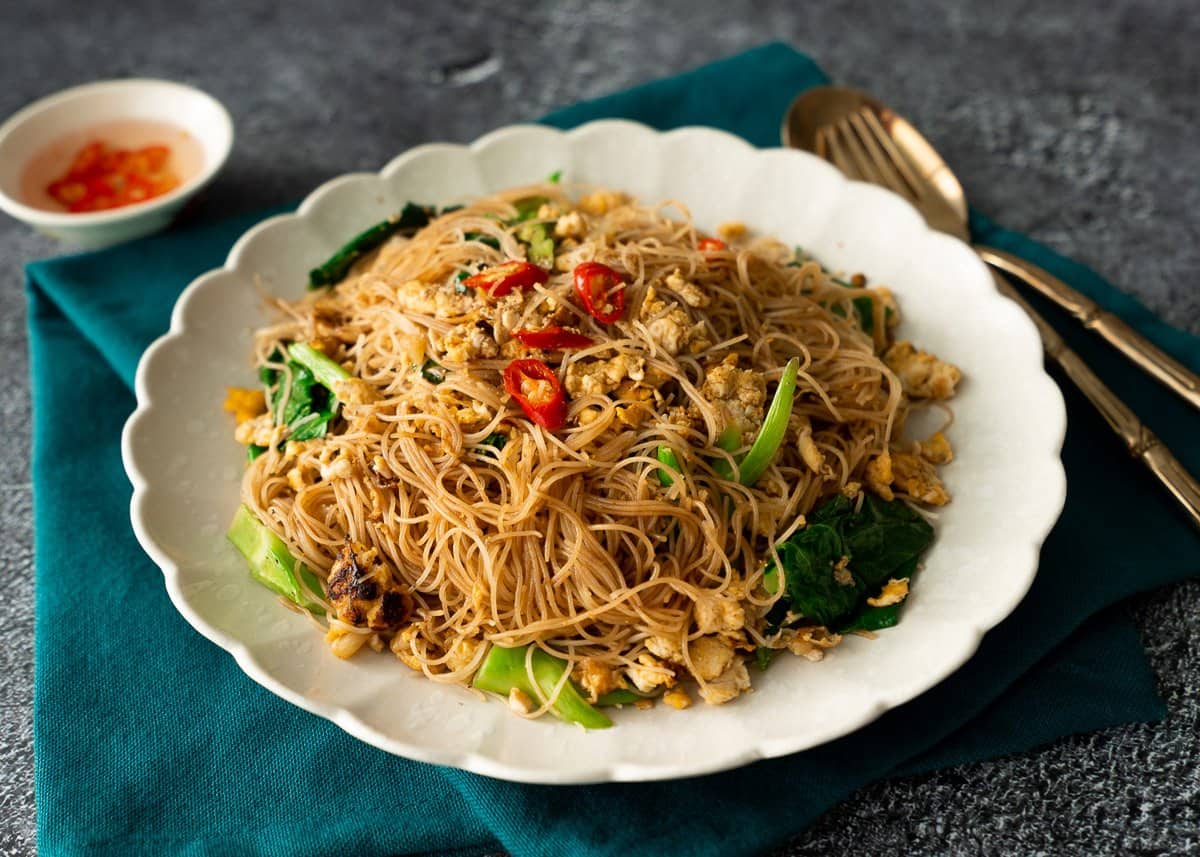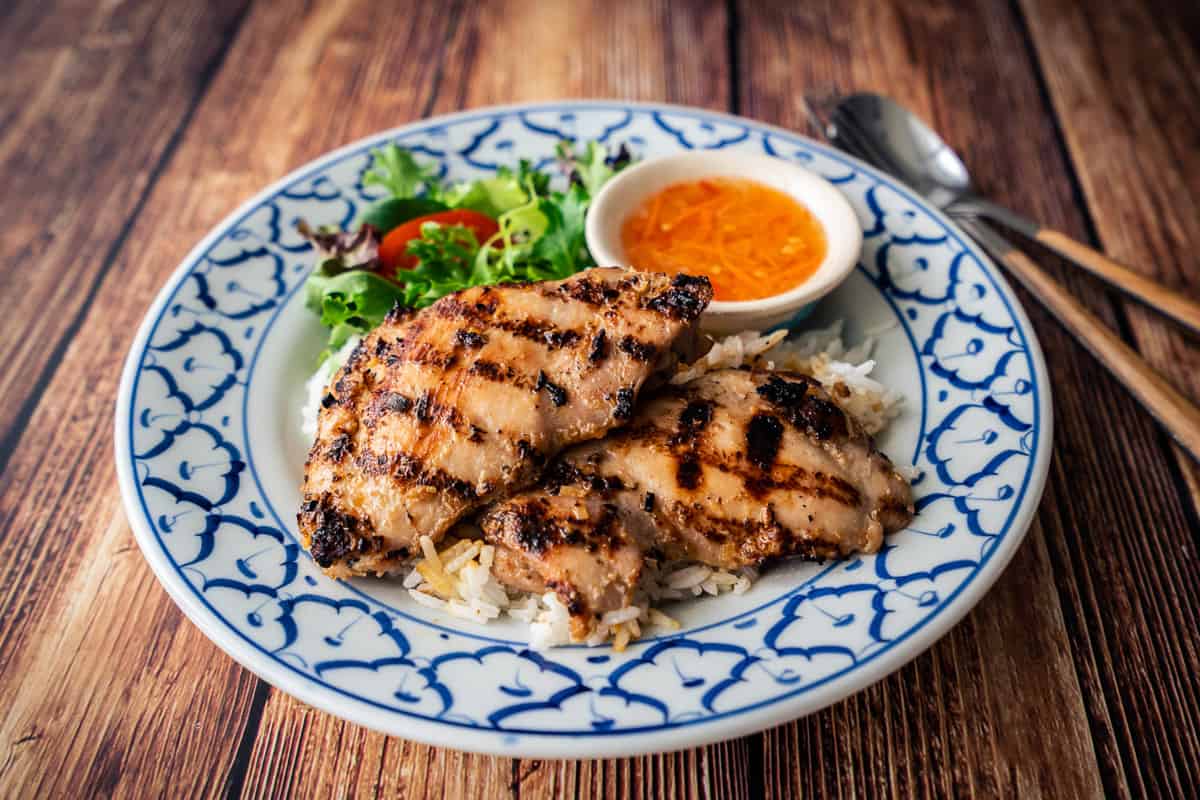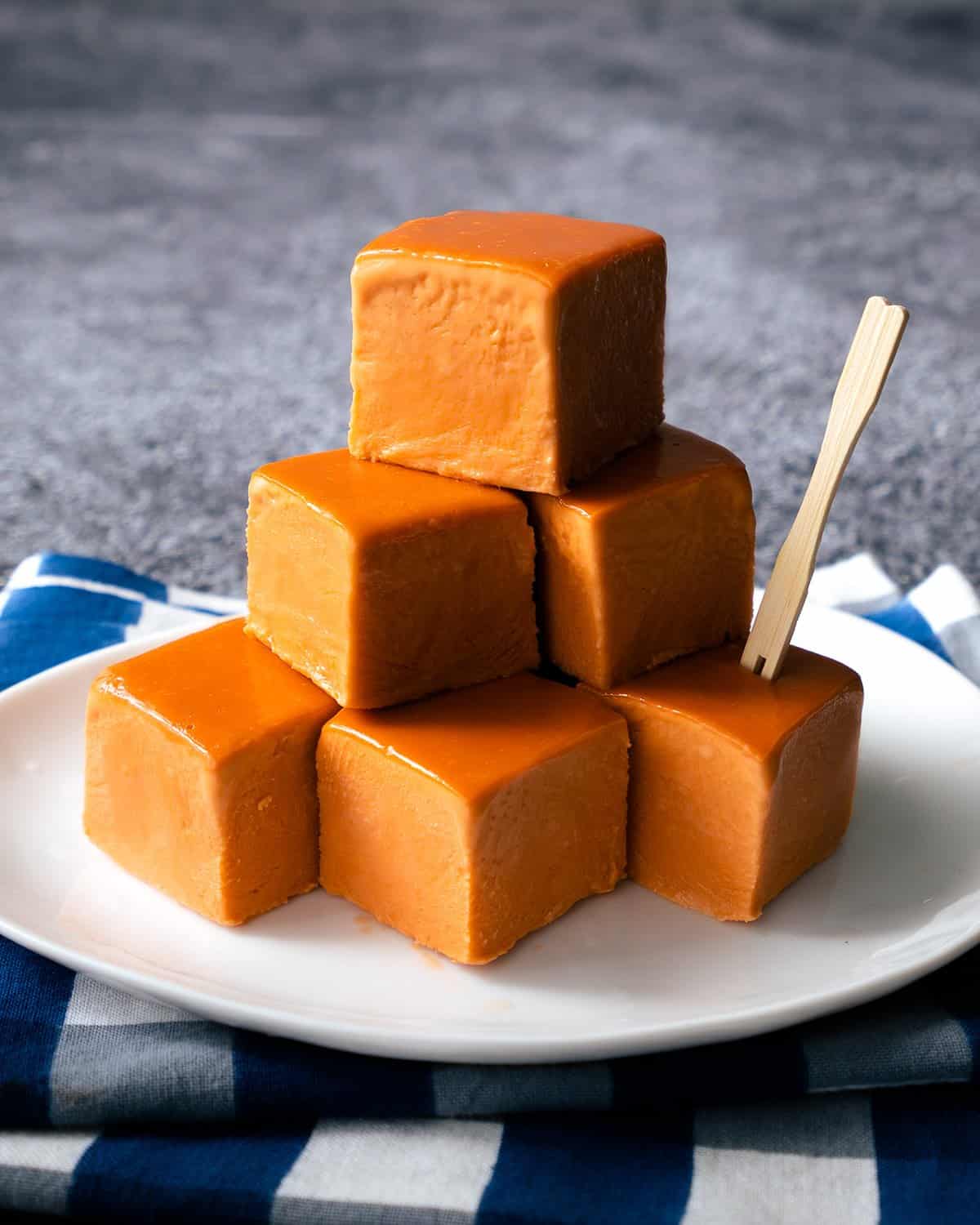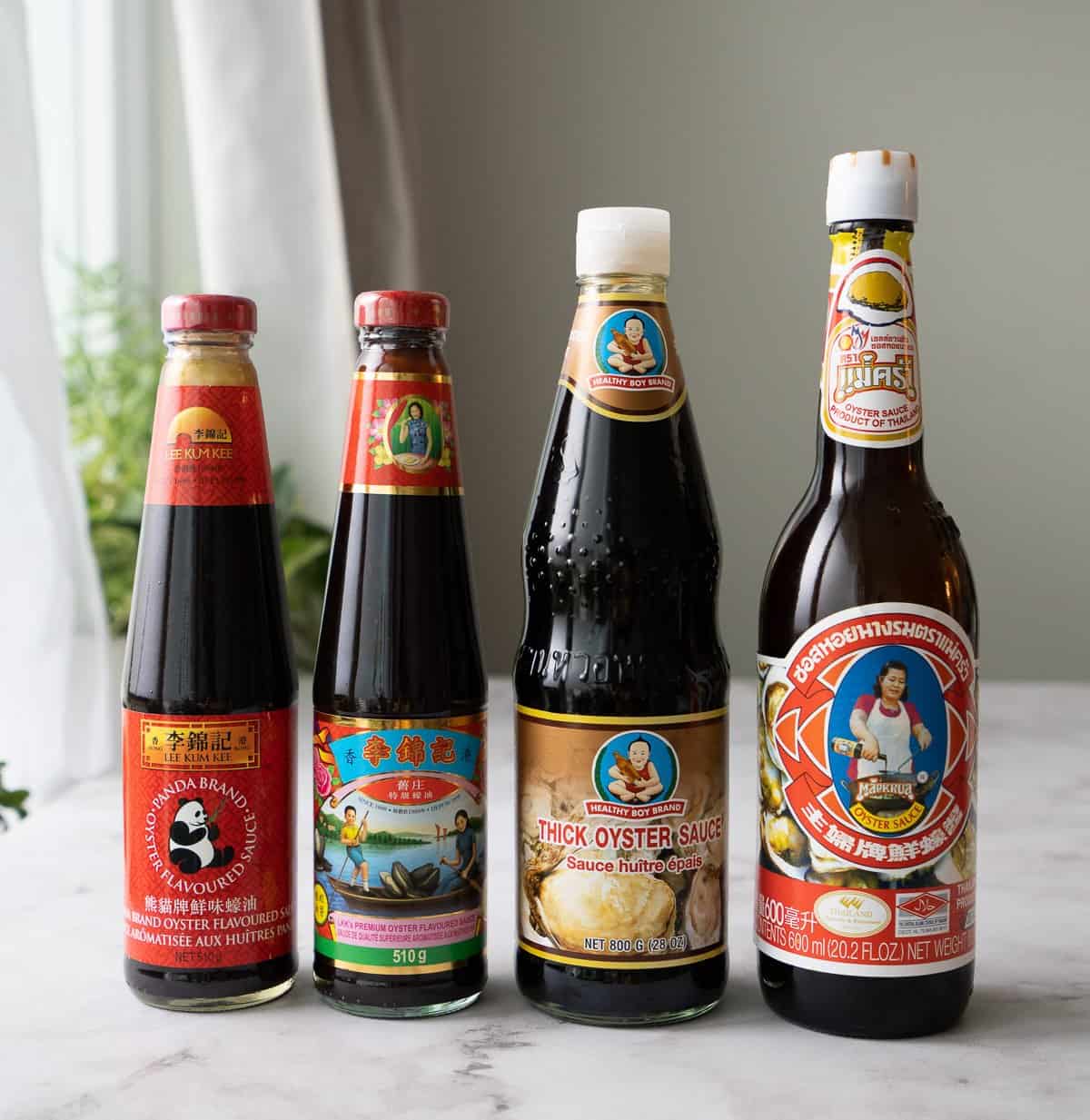Thai Language Lesson for Travelers - The Basics - Ep.1
Jump to video!
Changing things up this week! Several people have asked me to do a Thai language lesson, so here it is! Since Thailand is probably a place many of you want to visit (for visit again, for some of you!) this will probably come in handy sooner or later. Being a tourist in a country whose language you don't speak can be frustrating, and with just a few words in your pocket, not only can it help you communicate, it can also help to break the ice with the locals—Thai people love it when we see foreigners actually try to speak in Thai. It shows that you're making an effort, and it might just get you that little bit of help you need 🙂
There will be a whole series of Thai lesson videos coming up, so this first one goes over all the basics, and the next couple will tackle words and phrases that are useful when eating around Thailand. Let me know if you have suggestions on other videos around Thai language and culture!
Here are all the words and phrases I went over in the video
But first, some ground rules:
- Thai language is tonal, so pay attention to the tone I use to say the words as well.
- To add politeness, simply tack these words on to the end of your sentences: ka (for female speakers) and krub (for male speakers). And yes, you should always be polite when talking to strangers! You can drop them when speaking to close friends.
- There is no "correct" way to write out a Thai word in English. There are so many sounds in Thai that can't be written out using English letters, so these spellings are all just approximations of what it sounds like so don't get hung up on the spelling, just use it as a guideline. The same applies for all the food names!
- We drop the pronouns "I" and "you" from our sentences often, especially when the context is obvious. Even in the sentences below where I do write them with I/you, you can drop them and the sentence would still make sense if it's obvious in the situation who you're referring to.
Hello/goodbye:
Sawaddee ka/krub
Note: You might have seen goodbye translated as "la gorn" but that word is used more in written language and is not used in everyday speaking. It's literally like saying "goodbye" in English, when was the last time you used that when talking to someone!
Thank you : Kob kun ka/krub
Okay, I'm gonna stop writing out ka/krub on every phrase from this point onward, so just mentally add them 🙂
I'm sorry/excuse me : Kaw toad
It's okay/don't worry/no problem : Mai pen rai
How are you? (Literally, "Are you well?"): Sabai dee mai
I'm fine : Sabai dee
I = Pom (male), Chun (female)
You = Kun
What's your name? = Kun cheu arai
My name is .... = Chun/pom cheu [your name]
I'm not Thai = Chun/pom mai chai kon thai
Yes
= Chai; No
= Mai chai (literally "not yes").
Note: these are only applicable for is/am/are questions, such as "Are you from Canada?" or "Your hotel is on Silom road, is that right?" So essentially "chai" is a way to say "correct" or "right". When people ask do/did/done questions, as in "Did you eat yet?", we don't answer with a yes/no, but instead we state the answer in a complete sentence, i.e. "I ate already". Or if someone says, "Do you want this?" We would reply "I want." But as a tourist, chai/mai chai is generally useful enough to get you by.
Do you understand? = Kao jai mai
Please = There is no Thai equivalent for please! So simply add ka/krub to your sentences to be polite 🙂
Watch The Full Video!
The post Thai Language Lesson for Travelers - The Basics - Ep.1 appeared first on Hot Thai Kitchen.
